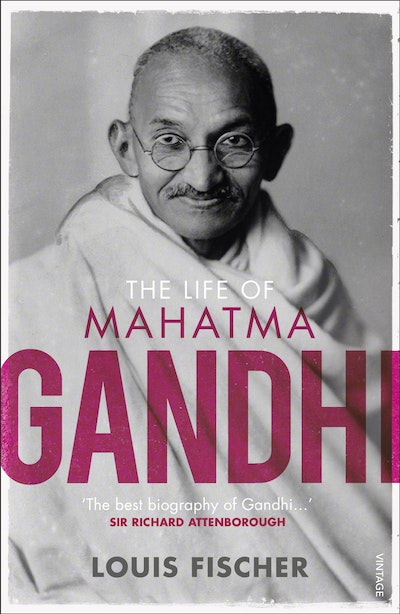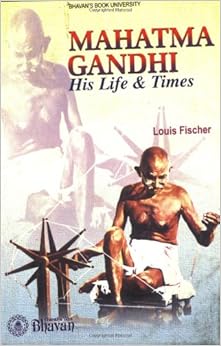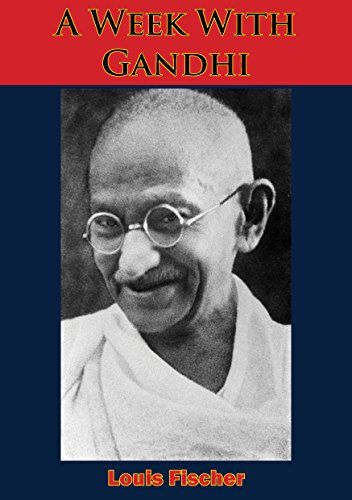

In 1938, Leon Trotsky described Fischer as a "merchant of lies" and "direct literary agent of Stalin". In 1934, American Max Eastman criticized Fischer for Stalinism in a chapter called "The 'Revolution' of April 23, 1932" in his book Artists in Uniform.

While in the Soviet Union, Fischer published several books including Oil Imperialism: The International Struggle for Petroleum (1926) and The Soviets in World Affairs (1930). He also served as a volunteer in the British Army between 19. In 1923 their first son George was born (followed by Victor a year later) and Fischer began working for The Nation. The following year, he moved to Moscow and married Bertha. In 1921, when Bertha went to work in Berlin, Fischer joined her a few months later and began contributing to the New York Evening Post as a European correspondent. On his return to the United States, Fischer took up work at a news agency in New York City and met Bertha "Markoosha" Mark (1890-1977). In 1917, Fischer joined the Jewish Legion, a military unit based in Palestine. After studying at the Philadelphia School of Pedagogy from 1914 to 1916, he became a school teacher. Louis Fischer, the son of a fish peddler, was born in Philadelphia on 29 February 1896. Among his works were a contribution to the ex- communist treatise The God that Failed (1949), The Life of Mahatma Gandhi (1950), basis for the Academy Award-winning film Gandhi (1982), as well as a Life of Lenin, which won the 1965 National Book Award in History and Biography.

Louis Fischer (29 February 1896 – 15 January 1970) was an American journalist.


 0 kommentar(er)
0 kommentar(er)
